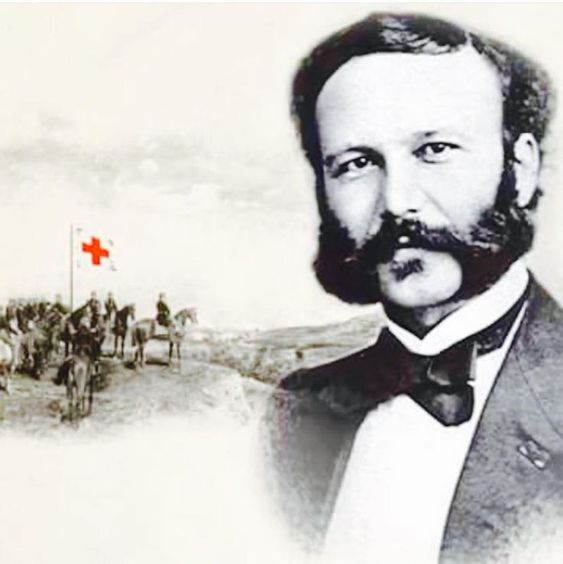In the annals of humanitarian history, one name stands tall as a beacon of compassion and empathy: Henry Dunant. His life’s work not only left an indelible mark on society but also laid the foundation for the modern concept of humanitarianism. Let’s delve into the detailed profile of this remarkable figure whose legacy continues to inspire generations.

Early Life and Influences
Henry Dunant was born on May 8, 1828, in Geneva, Switzerland, into a devout Calvinist family. His upbringing instilled in him a strong sense of morality and a deep compassion for others. Inspired by his parents’ philanthropic activities, Dunant developed an early interest in social justice and humanitarian causes.

Entrepreneurial Ventures
Dunant’s entrepreneurial spirit led him into the world of business, where he found success as a banker and businessman. However, it was during a business trip to Solferino, Italy, in 1859, that his life took a transformative turn.
The Battle of Solferino
Witnessing the aftermath of the Battle of Solferino, one of the bloodiest conflicts of the 19th century, Dunant was profoundly moved by the suffering of the wounded soldiers left to languish without medical care. This experience sparked a deep humanitarian impulse within him and planted the seeds for his future endeavors.

Founding of the Red Cross
Driven by a fervent desire to alleviate human suffering in times of war, Dunant spearheaded the establishment of the International Committee of the Red Cross in 1863. His visionary idea of providing neutral and impartial aid to the wounded, regardless of their allegiance, laid the groundwork for the Geneva Conventions and the modern Red Cross movement.
Nobel Peace Prize
In recognition of his pioneering efforts in the field of humanitarianism, Henry Dunant was awarded the first-ever Nobel Peace Prize in 1901, jointly with Frédéric Passy. This prestigious honor affirmed his status as a trailblazer in promoting peace and compassion on a global scale.

Later Years and Legacy
Despite facing personal and financial setbacks later in life, Dunant remained unwavering in his commitment to humanitarian causes. He dedicated his final years to advocating for the establishment of international treaties to protect the rights of prisoners of war and civilians during times of conflict.
Henry Dunant’s life story is a testament to the power of compassion, empathy, and the relentless pursuit of noble ideals. His vision of a world where humanity triumphs over the ravages of war continues to inspire countless individuals and organizations to this day. As we reflect on his legacy, let us reaffirm our commitment to upholding the principles of humanity, impartiality, neutrality, and independence that lie at the heart of the Red Cross movement he helped to create.
